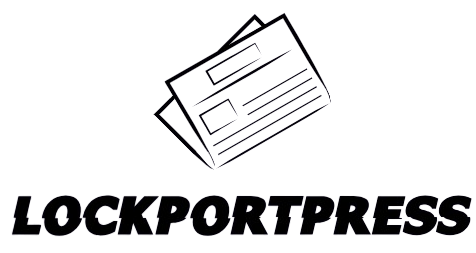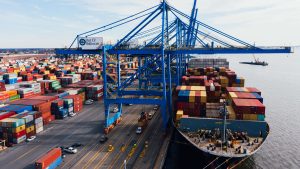
Health and safety regulations are paramount in the food and beverage industry to ensure the well-being of customers and staff, as well as legal compliance. Food and Beverage Consulting Services play a crucial role in assisting businesses in adhering to these regulations, mitigating risks, and maintaining high standards of hygiene and safety. This overview delves into the importance of health and safety regulations compliance within the scope of Food and Beverage Consulting Services.
Key Components of Health and Safety Regulations Compliance:
- Food Safety Standards:
Consultants assist businesses in implementing and maintaining adherence to food safety standards such as Hazard Analysis and Critical Control Points (HACCP), ensuring that proper procedures are in place to identify and mitigate food safety hazards at critical points in the production process.
- Sanitation and Hygiene Practices:
Consultants provide guidance on sanitation and hygiene practices, including cleaning protocols, personal hygiene requirements for staff, and proper handling of food to prevent contamination and foodborne illnesses.
- Allergen Management:
With the increasing prevalence of food allergies, consultants help businesses develop strategies for allergen management, including ingredient labeling, cross-contamination prevention, and staff training to recognize and respond to allergen-related risks.

- Facility Design and Maintenance:
Consultants advise on the design and layout of food facilities to ensure compliance with health and safety regulations, including adequate ventilation, proper storage facilities, and sanitation infrastructure. They also help businesses establish maintenance schedules to uphold cleanliness and functionality.
- Staff Training and Education:
Training programs are developed to educate staff members on health and safety regulations, food handling practices, and emergency procedures. This ensures that employees are equipped with the knowledge and skills necessary to maintain compliance and respond effectively to potential hazards.
Value Proposition of Compliance with Health and Safety Regulations:
- Protecting Public Health: Compliance with health and safety regulations is essential for safeguarding the health and well-being of consumers, reducing the risk of foodborne illnesses, and maintaining public trust in the business.
- Legal Compliance: Adherence to health and safety regulations ensures that businesses meet legal requirements and avoid potential fines, penalties, and litigation resulting from non-compliance.
- Enhanced Reputation: Demonstrating a commitment to health and safety standards enhances the reputation and credibility of the business, fostering trust and loyalty among customers and stakeholders.
- Operational Efficiency: Effective compliance measures streamline operations, reduce the risk of disruptions due to health and safety issues, and improve overall efficiency and productivity.
Bottom Line
Health and safety regulations compliance is a cornerstone of Food and Beverage Consulting Services, ensuring that businesses maintain high standards of hygiene, safety, and legal compliance. By partnering with consultants to develop and implement robust compliance programs, businesses can protect public health, enhance their reputation, and achieve sustainable growth in the competitive food and beverage industry.






